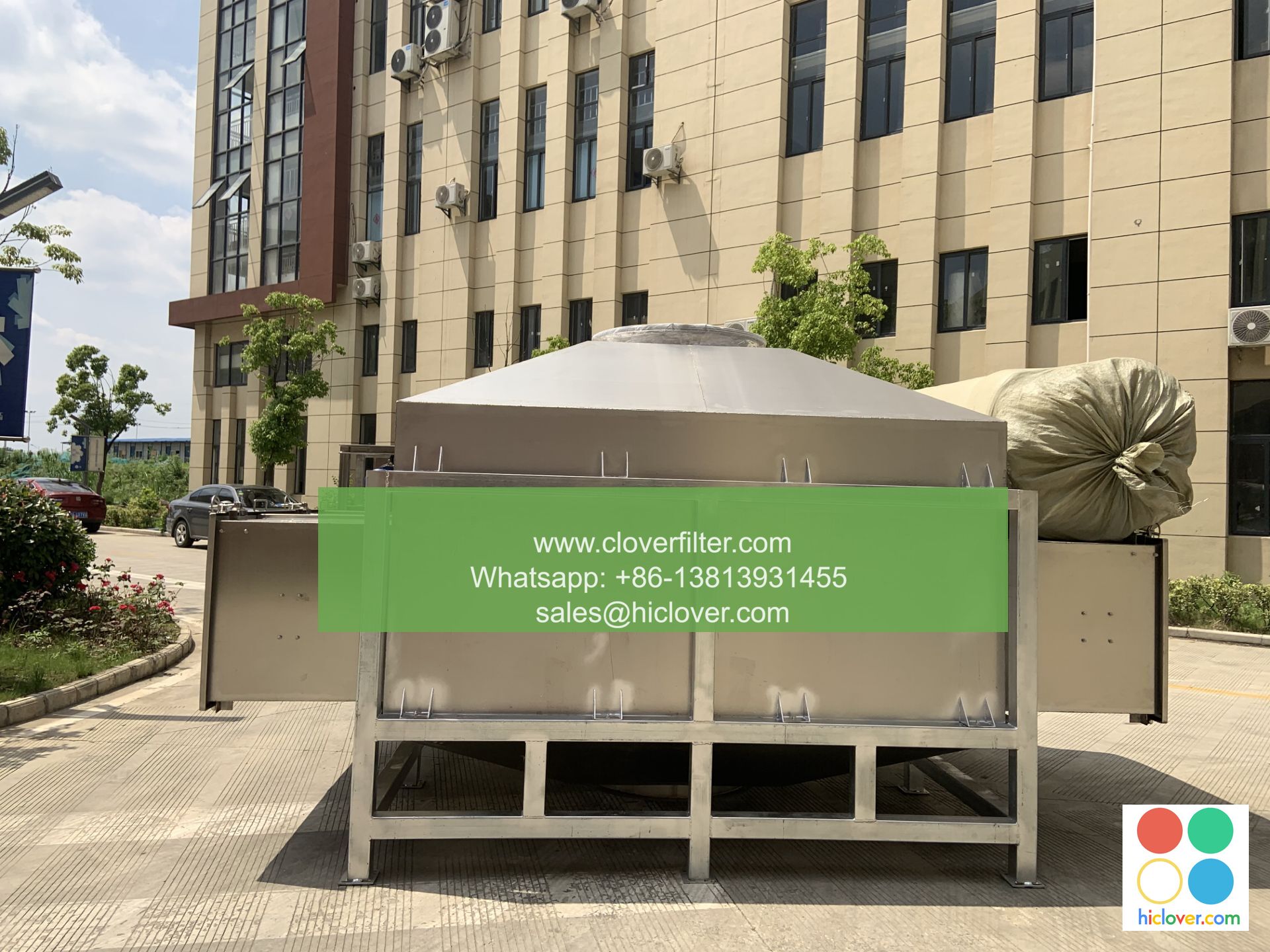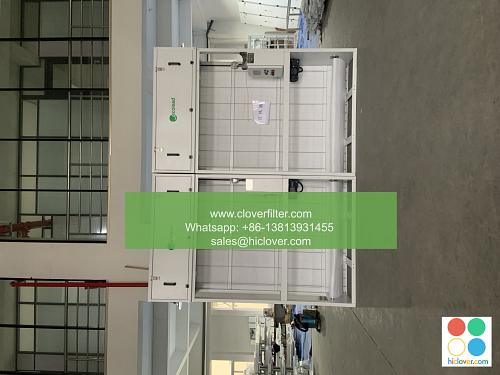The Role of Air Filter Groups in Removing Pollutants from the Air

Air filter groups play a crucial role in maintaining indoor and outdoor air quality by removing pollutants and particulate matter from the air. These filters are designed to capture a wide range of pollutants, including dust, smoke, gases, and volatile organic compounds (VOCs), improving the overall health and well-being of individuals. In this article, we will highlight the importance of air filter groups in various application areas, including indoor air quality control, air pollution reduction, and healthcare facilities.
Types of Air Filter Groups
There are several types of air filter groups, each designed to target specific types of pollutants. Some of the most common types include:
* HEPA (High Efficiency Particulate Air) filters: Designed to capture 99.97% of particles as small as 0.3 microns, including dust, pollen, and smoke.
* Activated carbon filters: Effective in removing gases, VOCs, and odors from the air.
* UV (Ultraviolet) filters: Use ultraviolet light to kill bacteria, viruses, and other microorganisms.
* Ionizing filters: Attract and trap particles using electrostatic charges.
Application Areas
Air filter groups have a wide range of applications, including:
* Indoor air quality control: Residential and commercial buildings, offices, and homes.
* Air pollution reduction: Industrial settings, such as manufacturing plants and construction sites.
* Healthcare facilities: Hospitals, clinics, and nursing homes, where clean air is crucial for patient health.
* Transportation systems: Cars, buses, trains, and airplanes, where air filtration is essential for passenger health and comfort.
* Industrial processes: Manufacturing, mining, and construction, where air filtration is necessary to remove pollutants and improve worker safety.
Benefits of Air Filter Groups
The use of air filter groups has numerous benefits, including:
* Improved indoor air quality: Reduced exposure to pollutants and particulate matter.
* Enhanced health and well-being: Reduced risk of respiratory problems, such as asthma and allergies.
* Increased productivity: Improved cognitive function and reduced absenteeism due to air-related illnesses.
* Cost savings: Reduced energy costs and extended equipment lifespan due to improved air quality.
Conclusion
In conclusion, air filter groups play a vital role in removing pollutants from the air, improving indoor and outdoor air quality, and promoting health and well-being. With various types of filters available, including HEPA, activated carbon, UV, and ionizing filters, air filter groups can be applied in a wide range of settings, from residential and commercial buildings to industrial processes and healthcare facilities. By highlighting the importance of air filter groups in various application areas, we can better understand the significance of air filtration in maintaining clean and healthy air. You haven’t provided a prompt or question for me to assist with. Please provide more context or information about what you would like to discuss or know, and I’ll do my best to provide a helpful and direct response.

